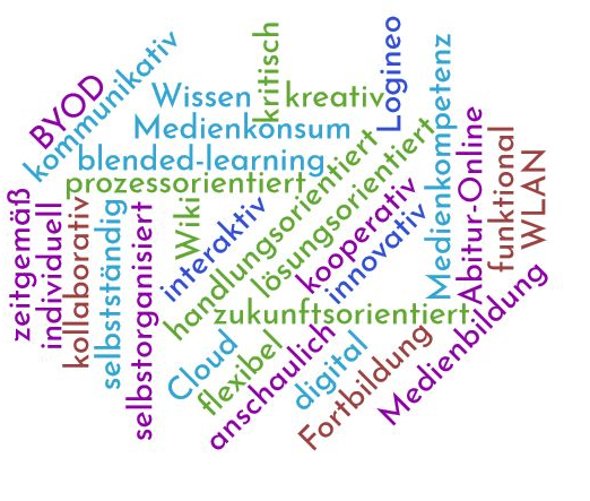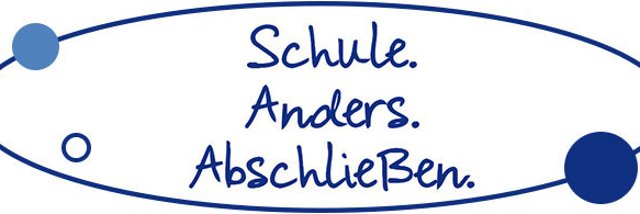As an adult education school, Driland Kolleg is particularly committed to learning with digital media. Students usually attend the school after a professional career in which they have already come into contact with digital technology in various forms. After gaining a higher education qualification, they then attend a university or return to higher-level employment. For this reason alone, it is essential that they also encounter contemporary digital education and equipment at school.
Since the introduction of the Abitur Online course in 2002, Driland Kolleg has consistently pursued the integration of analog learning with digital media. This is also reflected in the Driland Kolleg's good technical equipment. Of course, this must always be kept up to date with the latest technical developments. Driland Kolleg has set itself the goal of sustainably integrating all courses into the work with digital media and anchoring them as part of the teaching-learning environment. The school's internal administrative work is also to be increasingly integrated. The provision of digital end devices for teachers in the form of I-Pads can be a first step in this direction.
The school board has decided to support the school on its path to further digitalization by providing and administering the necessary digital infrastructure.

The school management and teaching staff are guided by the following guiding principles:
1. digital media expand the methodological teaching repertoire and enable new forms of learning and teaching. We therefore guide students towards independent, solution- and action-oriented learning.
2. we see the teaching of media skills as a task for all subjects. All school stakeholders should have mandatory access to modern and functional digital learning environments.
3 We support all school staff in developing the necessary qualifications. In doing so, we also take into account the knowledge and skills of the students.
4. we aim to network information processing procedures in the planning and administration of everyday school life in order to achieve better quality in student support.
Working with digital media not only requires a change in teaching culture, but media integration is also embedded in a comprehensive school development process so that digital media become part of the school culture. The school organization must enter into a process that focuses on the transition from analogue to digital media and permanently anchors communication and exchange between all school stakeholders via digital media.
Self-organized learning is possible at school if the goal is agreed, but the time and place or the type of presentation, for example, can be chosen. A working environment is available for this purpose, which provides open spaces with computer workstations and comprehensive WLAN.
The Moodle learning environment Logineo as a platform for project and group work provides the basis for the school's work in terms of materials and learning processes. It can be used to diagnose learning progress. The digitalized assessment of learning outcomes is also possible with the help of feedback tools. The evaluation of lessons is also possible, as is the integration of learning apps and digital textbooks.
